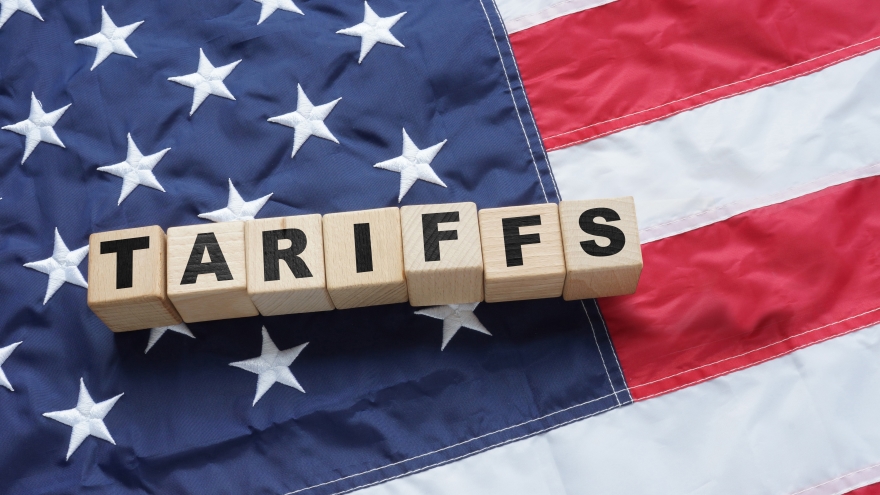Fitch sees how tariffs could lift auto ABS even as subprime softens

By subscribing, you agree to receive communications from Auto Remarketing and our partners in accordance with our Privacy Policy. We may share your information with select partners and sponsors who may contact you about their products and services. You may unsubscribe at any time.
Fitch Ratings found a path by which U.S. tariffs on imported autos and automotive parts could leave a positive impact — more than just what might be said by President Trump.
Analysts said those tariffs will strengthen auto loan and lease recoveries and residual values (RVs), supporting ABS asset performance.
“This will help to partially offset expected higher default frequencies from tariff-related macroeconomic pressures on borrowers,” Fitch Ratings said in a news release distributed on Wednesday. “Tariffs will increase new vehicle prices, making used cars more attractive by comparison, even as used-vehicle prices rise as a result of greater demand.”
Fitch Ratings recapped that imported vehicles and auto parts are subject to a 25% tariff, with some concessions. Analysts pointed out that United States-Mexico-Canada Agreement (USMCA) compliant auto parts are exempt from tariffs.
The Trump administration is also offering an offset for auto part tariffs based on the MSRP for autos assembled in the U.S., Fitch Ratings said.
“However, based on current manufacturing locations, these carveouts may not provide material tariff relief for all original equipment manufacturers (OEMs),” analysts said. “The 25% auto and auto parts tariffs do not stack on top of the 25% duty on steel and aluminum or the 10% reciprocal tariff on most countries.”
Subscribe to Auto Remarketing to stay informed and stay ahead.
By subscribing, you agree to receive communications from Auto Remarketing and our partners in accordance with our Privacy Policy. We may share your information with select partners and sponsors who may contact you about their products and services. You may unsubscribe at any time.
Analysts indicated that used-vehicle demand and price effects will vary by segment as well as model age, with late model years seeing greater value increases.
“Used electric vehicles (EVs), which have seen price declines over the last year from stagnant demand, are unlikely to see a noticeable demand or price appreciation boost,” Fitch Rating said.
Fitch Ratings is forecasting subprime auto ABS performance deterioration to be worse than prime auto ABS, “as subprime borrowers generally have less savings to cushion the effects of rising prices on household budgets.”
Analysts pointed out that subprime 60-day delinquencies reached a new historic peak at the end of 2024 and show “overall weaker recovery during the tax season so far through April.”
“Subprime ABS pools also typically include older used vehicles that hold less value than more recent models,” Fitch Ratings said.
“Higher used-vehicle values may help mitigate the effects of rising loan losses from broad inflationary pressures on consumers, real wage erosion, and market volatility effects on net wealth,” the firm added.
“Pressures on borrowers from increased new vehicle prices, elevated interest rates and greater insurance and maintenance costs could drive new loan delinquency and loss levels higher, although some losses may be offset by tighter lender underwriting,” analysts went on to say.


